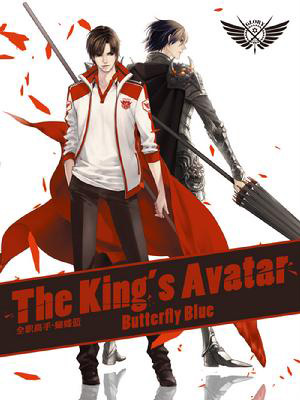Writing community with a shared future


Sharing culture
Besides increasing the number of translated works and the emerging original foreign-language writers, the White Book points out that a third new trend is adaptations or IP-related operations for reaching out to more audiences overseas.
Some of the titles have been published in print versions overseas, like The City of Sand in English by Penguin-Random. The King's Avatar is a real sensation in its animated and TV adaptations; the writers mentioned above are its fans.
"We're quite consistent in the business model of paid reading,"Chen says. "And the trajectory this model has followed with foreign authors is the same as with Chinese authors: Translation first, then original writings and then IP operations."
And newer companies like Funstory.ai are focusing on applying the power of artificial intelligence to translations.
According to Funstory.ai CEO Tong Ye, the company is planning to apply AI to increase the efficiency of translating Chinese online novels.
"No matter how stressed the world is, online literature serves as the perfect cushion, besides offering greater understanding about the Chinese culture of faith in inclusiveness and harmony," says Chen Dingjia, a scholar with the Chinese Academy of Social Sciences.
For Yan Feng, a professor at Fudan University, Chinese online novels emphasize a sense of right and wrong that the world badly needs at this moment of great confusion.
"Chinese stories feature grand plotlines and scenarios, unlike trivial narrations in some other parts of the world," Yan says. "That's why people all over the world crave for such connections, and 'a community with a shared future for mankind' for spiritual, material, technological and cultural exchanges."





































